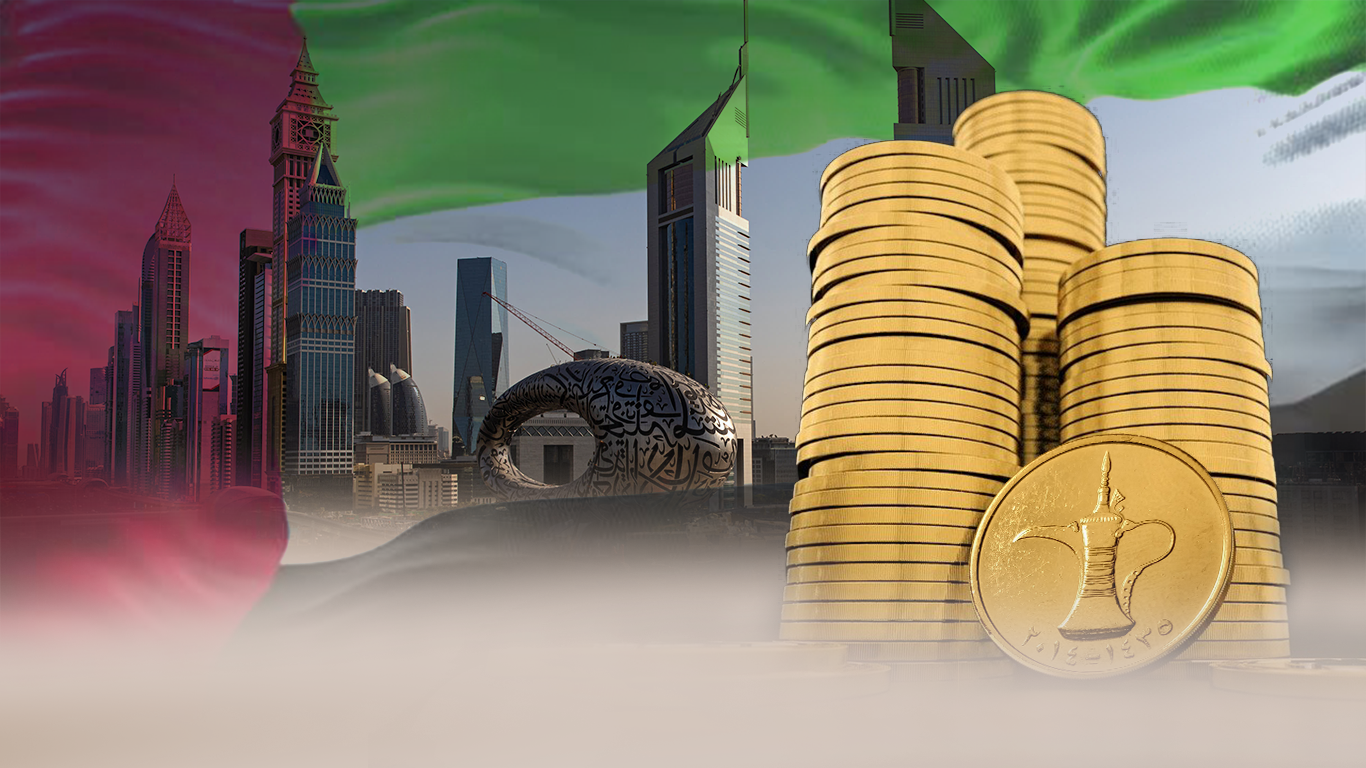The United Arab Emirates (UAE) has long aspired to diversify its economy away from a dependence on oil. Recent developments, however, threaten to throw sand in the gears of this ambition. A shipping crisis in the Red Sea is creating bottlenecks and delays, putting a strain on the UAE's non-oil businesses at a time of otherwise positive growth.
A March survey by S&P Global Market Intelligence revealed a positive outlook for the UAE's non-oil sector. The Purchasing Managers' Index (PMI) for the sector remained healthy at 56.9, indicating a continued rise in business activity. This growth is fueled by a steady flow of new orders and increasing output levels. However, the report also highlighted a significant hurdle – the Red Sea shipping crisis.
The crisis is causing administrative headaches and disrupting supply chains for UAE businesses. This is leading to a backlog of work, with companies struggling to meet rising demand. The survey indicates that the backlog is at its worst in nearly 15 years, putting pressure on administration teams. This situation is further compounded by extended delivery times, with suppliers experiencing their weakest performance in a year.
Despite these challenges, there are some silver linings. Business sentiment in the UAE remains optimistic. The March survey showed that business optimism is at its highest level in six months. Additionally, the survey indicates that non-oil companies haven't seen a dramatic rise in input costs, suggesting some buffer against the headwinds caused by the shipping crisis.
Analysts believe that the overall picture for the UAE's non-oil sector is still positive. However, the Red Sea crisis presents a significant obstacle that needs to be addressed. The UAE government and businesses will likely need to explore alternative shipping routes or invest in streamlining administrative processes to mitigate the impact of the crisis and ensure continued growth in the non-oil sector.
The road to economic diversification for the UAE appears to have hit a rough patch. While the underlying fundamentals remain strong, navigating the choppy waters of the Red Sea crisis will be crucial for the country to achieve its ambitious goals.

